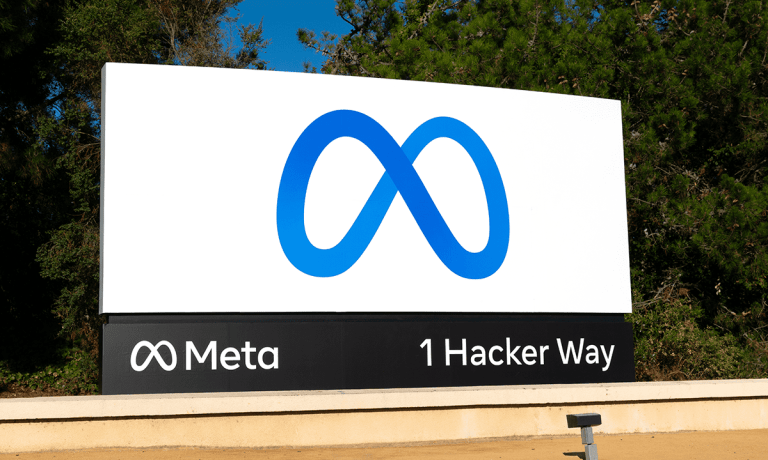One Year In and Meta’s Mega Bet Meets Stark Reality

A year old and Meta — formerly Facebook — looks to need a reset from its rebrand.
October 2021 marked Facebook’s heralded leap into decentralized and virtual worlds. Mark Zuckerberg has for 12 months been spending billions on a strategy where VR headsets are the wave of the future — certainly more so than sharing pithy videos that get maybe get a thumbs up from mom or dad.
But virtual reality bumps up against cold reality, and this week’s earnings debacle and a stock at multi-year lows offer a stark reminder that even the most global of companies, having built critical mass with hundreds of millions of users, can have mega stumbles. Spending $10 billion annually, year after year, to create ecosystems that have yet (and may not) pay off adds some fuel to that argument.
During the most recent investor conference call, Zuckerberg said that “I know that sometimes when we ship a product, and there’s a meme where people say, ‘Hey, you’re spending all this money and you produce this thing,’” he said. “I think that that’s not really the right way to think about it. There’s a number of different products and platforms that we’re building, where we think we’re doing weeding work … launching consumer products.”
Tough Look Back, Tough Look Ahead
Amid all the launching and weeding, Meta’s stumbles have been epic — in all manner of forays beyond the social media/messaging/video platforms where it held so much dominance in the last decade. That includes the Novi digital wallet project, which shuttered last summer. It includes the much-mocked Horizon Worlds, where the monthly active user count, at a reported 200,000, is less than the population of a small midwestern U.S. city.
And herein lies the issue with forging ecosystems that — as had been set out by the company a year ago in a letter by Zuckerberg — ideally would be hosting billions of people and billions of dollars of commerce. Use begets use — and a stumble out of the gate means that it becomes all the harder to get people to try new things.
Consider the alarming stat that just 9% of worlds built by creators had received at least 50 people and you can sense the ennui. There’s been no connected ecosystem being forged, partly because there’s no natural extension from one part of the ecosystem (let’s say, with Facebook accounts) that the company is trying to build to another part of that ecosystem.
The hardware — notably $1,500 headsets, seems a bit, well, dear in a world where inflation is running at 8% in the states (and higher elsewhere in the world). And in the meantime, operating losses at Reality Labs, at $3.7 billion in the last quarter alone, look set to stretch significantly in the next year.
The dry powder seems there, at least, for someone to take the VR reins; PYMNTS’ own data shows that 84% of the populations in 11 nations around the globe studied possess 14 billion connected devices with at least 4G throughput. They’re 40% more engaged in channels that are not transaction-focused, which indicates a willingness to live life ever more digitally.
“From now on, we will be metaverse-first, not Facebook-first. That means that over time you won’t need a Facebook account to use our other services. As our new brand starts showing up in our products, I hope people around the world come to know the Meta brand and the future we stand for,” Zuckerberg wrote a year ago. That future looks a bit less promising than when those words were penned 52 weeks back.